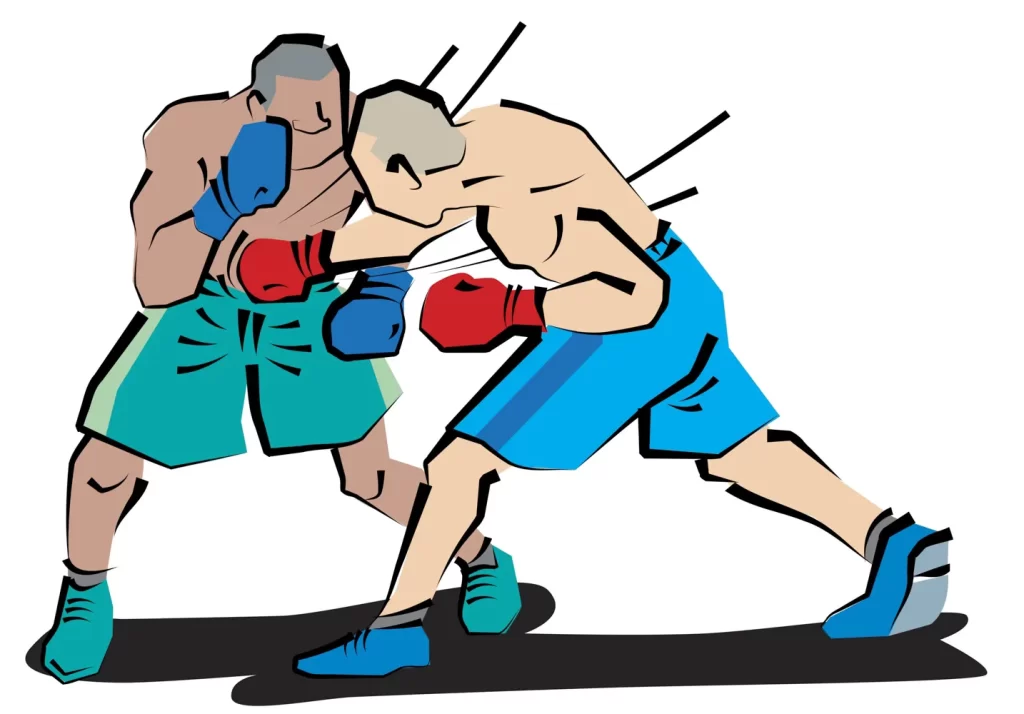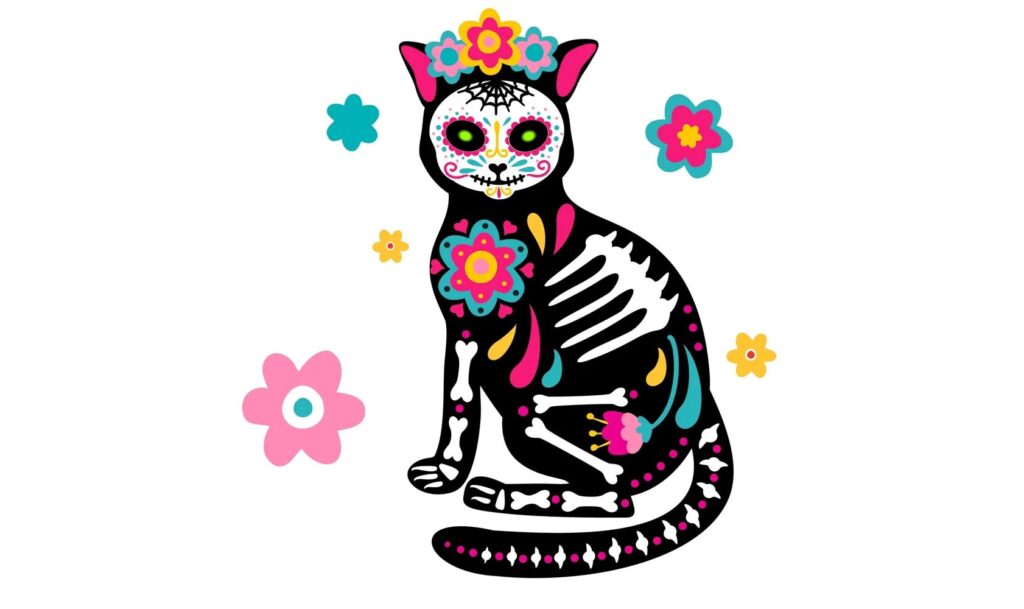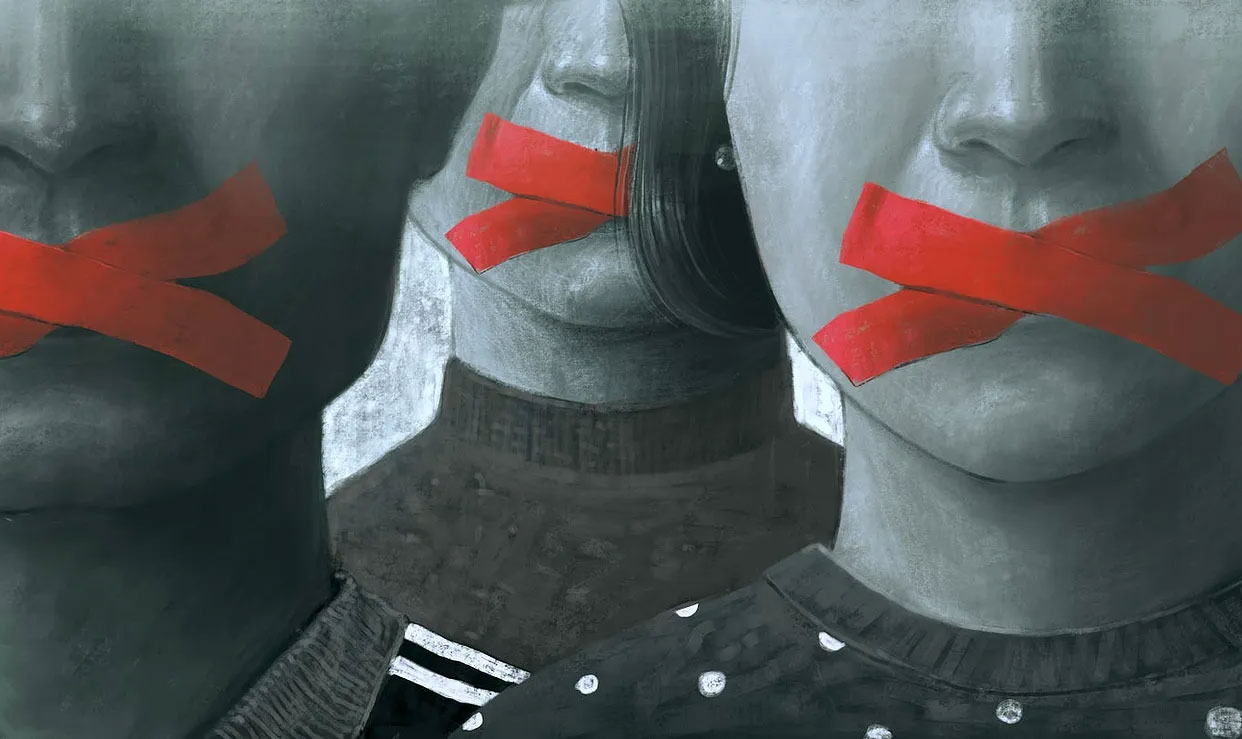Unpuzzling Political Terrorism: Dead Catting and Gut Messaging
Learn About the Art of Weaponizing Disgust
The history of human civilization is the story of increasing exposure to information. Access has multiplied through evolving technologies: stone tablets, Gutenberg printing press, telegraph, radio/TV, internet, and, today, social media apps.
Given the exponential increase in information available to everyone, you might think that electing representatives in modern democracies has become a rational process of gathering facts about candidates’ priorites and then matching these facts to voter’s policy preferences.
If you think the politics of democracies has become a sensible mind-driven process, think again. It has not.
Many people today cling to a 17th-century worldview: Cartesian dualism. The common belief is that your mind operates separately from your body, and you are most rational when you draw a tight boundary between your mind (logic) and your body (emotions). From this aged perspective, your mind is clear, and your emotions are muddled. So, in the interest of rationality, keep your mind clear of emotions.
Today’s science no longer supports this 400-year-old worldview. What goes on in your mind and body are inseparably linked, never to be separated. What affects your body affects how you think, and vice versa. We can find no better evidence of this mind-body unity than in today’s politics.
Dead Catting and Stochastic Terrorism as Political Strategies
For several years, political scientists have pursued research on the “politics of emotion” and “visceral politics.” The idea is that social events can lead to changes in your body (emotions, physiology), leading to changes in your perception of politics. Put differently, social situations lead to emotional responses that lead to physiological changes in your body that affect your political values.
“Gut politics” are strategies that target your body to change your mind. No better example of this is the politics of “dead catting.”
For those who watched the debate for the U.S. Presidency held on September 10th, you saw former president Donald Trump brilliantly deploy a strategy of disgust. During the debate, candidate Vice President Kamala Harris baited Trump by criticizing the size of the crowds at his public rallies. She accused him of losing supporters who leave rallies early because they are bored.
Trump took this bait as the insult Harris intended. In fact, video evidence shows that his supporters leave his rallies while he is still preaching. However, rather than address the embarrassing issue of dwindling rally crowds, Trump tossed a dead cat into the debate narrative. Trump claimed, without evidence, that Haitian immigrants living in Springfield, Ohio, are stealing and eating the white neighbors’ pet cats and dogs. Hearing this, Kamala Harris’ face betrayed the reaction Trump wanted: surprise, horror, and disgust.
Although the debate moderators fact-checked Trump’s statement (that is, he lied), Trump could not be dissuaded from making his claim against the Haitians. Trump’s “gut” messaging was in keeping with his constant refrain that foreign immigrants (people of color) are “poisoning the blood” of Americans (specifically, white Americans).
Why did Trump make this bogus claim about Haitians? First, he wanted to change the debate topic away from the size of his rally crowds. Second, and more importantly, he used the occasion to label Haitians as fearful and disgusting. Toward these diabolical ends, Trump’s “dead cat” strategy worked brilliantly.
Stochastic Terrorism as a Broad Political Strategy of Fear

While a strategically placed dead cat can serve as a momentary distraction, stochastic terrorism casts a broader net for long-term political chaos and disruption. It epitomizes the politics of fear.
In social systems, “stochastic” refers to events with random instead of pre-determined causes. As it applies to political strategy, stochastic terrorism involves unleashing random campaigns of fear and chaos to penetrate people’s guts rather than their minds.
By falsely accusing Haitians of eating their neighbors’ pet cats and dogs, Trump sought to mobilize his MAGA supporters to intimidate Haitians living peacefully and productively in Springfield, Ohio. His goal was to fabricate a social problem and use emotionally charged imagery to advance his proposal to deport all immigrants. This strategy targets the voters’ guts as a pathway to change their minds.
To quote author Vladimir Nabokov, “Insight comes through a punch in the nose.”
The Success of Political Terrorism
Did Donald Trump’s dead cat strategy work? Among his supporters, it did work.
According to a recent poll conducted by YouGov, 52 percent of voters who identify as Trump supporters believe the claim about Haitians eating neighbors’ pets, even though Trump’s running mate, J.D. Vance, has publicly admitted making up this lie. In contrast, 88 percent of the likely voters for Kamala Harris reject this false claim.
How can we explain the partisan divide between conservatives who believe false claims about a racial minority group compared to liberals who reject these claims? What role does rationality play in this partisan divide? Or rather, what role does the body play in this divide? For these questions, I will ask you to explore this question: What is your threshold for disgust?
What Is Your Threshold for Disgust?
Suppose you go hiking in the woods with a meet-up group of 20 people. While walking along the path, the trail guide stops and gasps. Others gather around where the guide suddenly stopped. You join them and see the carcass of an animal sprawled across the pathway. It’s a disgusting sight. Some recoil in wretched horror. They grasp their noses, regard the carcass as a bad omen, and want to turn back. Others feel a sense of sadness over the fate of the poor animal but want to press on with the hike. Stepping away from the sight of the carcass, the group decides to split. Those who felt revulsion and disgust returned to the base camp, while those who felt mild disgust and who regretted the animal’s passing chose to continue the hike.
Putting yourself in this hiking scenario, what would be your response to the rotting carcass on the trail? Would you turn back feeling revulsion, digust, and fear? Or would you march on regarding this event as the cycle of life in the wild?
Scientists are actively interested in people’s responses to events like this hiking scenario. They’ve developed scales to measure people’s reactions to situations they may or may not find disgusting. Here are a few sample questions that measure self-reports of your physiological response to yucky events:
- You see maggots on a piece of meat in an outdoor garbage pail.
- You are about to drink a glass of milk when you smell that it is spoiled.
- You are handed a glass of water from which someone else just drank.
- You see someone accidentally stick a fishing hook through their finger.
- You are walking barefoot and step on a giant spider.
What is your threshold for disgust? By asking questions like these, researchers have learned that individuals are either more or less squeamish. Highly squeamish individuals are likely to be germophobes who are cautious about risk of exposure to pathogens. They have a low threshold for disgust and a high physiological response to the threat of pathogen exposure. Let’s next look at how a low threshold for disgust translates into conservative political preferences.
The Effects of Physiological Responses on Political Preferences
Based on decades of research, numerous studies have concluded that people who identify with conservative values experience higher levels of disgust when shown disturbing events (such as road kill or excrement odors) than do people with liberal values. I’ll briefly summarize five studies demonstrating these findings (Study A, Study B, Study C, Study D, Study E).
You may know that your immune system is vital in your fight against exposure to deadly pathogens. You may not know that your immune system has two components: behavioral and physiological. When hiking in a forest and finding an animal carcass on the trail, your visual and olfactory senses lead to recoil from the sight. Your behavioral immune system becomes your first line of defense to prevent pathogens from reaching your physiological immune system.
Your behavioral immune response triggers avoidance behaviors. When a politician tells you that immigrants are poisoning the blood of you and your neighbors, and if these statements create in you a feeling of disgust and dread, research shows that you are likely to vote for policies that restrict the flow of immigrants into your living space.
Another factor in the great conservative/liberal divide is the importance of individual differences between voters, especially constitutional differences between voters who lean conservative versus liberal. The studies referenced here demonstrated that conservatives show stronger physiological reactions (e.g., increased skin conductance, startle reflexes, reactive heart rates) to threatening or disgusting stimuli compared to liberals.
Chronic stress can also impact political attitudes and engagement. Citizens who constantly manage high existential uncertainty and fear of the future can experience impaired cognitive functioning and emotion dysregulation, affecting their choices of preferred political candidates.
Yet another important finding is that the relationship between physiology and politics is bidirectional—political events and contexts can also impact physiological states and health outcomes at a population level. This finding explains the roots of the politics of fear and disgust. Autocrats who equate social outgroups with pathogens create avoidance reactions that lead to voters’ support of conservative policies.
Pathogens and Autocracy Go Together Like a Horse and Carriage
In another study, researchers investigated the parasite stress hypothesis: authoritarian governments are more likely to emerge in regions with a high prevalence of disease-causing pathogens.
Their 2013 analysis collected data from 31 countries for evidence of authoritarian governance, individual authoritarianism, and disease prevalence. Two factors, famine and parasite prevalence, uniquely predicted authoritarian governance. They found the relationship between pathogen prevalence and authoritarian governments to be solid and positive. They also demonstrated that pathogen prevalence significantly predicted citizens’ support for authoritarianism, with a correlation coefficient of r = .65 (p < .001). This indicates that higher levels of pathogen prevalence are associated with higher citizen preference for authoritarianism.
The findings from this study imply that citizens in such societies prefer autocratic rule not merely because autocratic rule is forced upon them but rather because of the ecological conditions (e.g., high pathogen prevalence) that shape their attitudes and values toward conformity, obedience, and authority. In other words, environmental conditions shape the values of citizens who support strongman governments that promise safety and protection, irrespective of their ability to do so.
Politics: It Is What It Is
Taken together, these studies show that political messaging is less about rational policy discussions than about triggering raw emotions. Researchers have confirmed a story as old as human civilization. The shortest route for an aspiring leader to assume control of a society is to convince its citizens that danger surrounds them and the aspiring leader alone can save them from a painful demise.
What is most interesting about the 2024 contest for the presidency of the United States is that both candidates, Donald Trump and Kamala Harris, are practicing the politics of emotion. Trump preaches the politics of fear and hate, whereas Harris promotes the politics of joy and optimism. Neither is spending much energy on detailed discussions of governing policies. Theirs is the politics of rah-rah-rah and their rallies resemble rave concerts.
In an op-ed piece written for the Wall Street Journal, conservative columnist Gerard Baker made this timely observation about the U.S. election:
Even as the fiscal warning signs flash, no one seems to worry much in this election about the economic outlook and policy. Who wants to talk about that when you can focus on the big things—like immigrants eating cats and dogs and Taylor Swift?
As scientists continue to learn more about the dynamics of our political choices, we can look into the rearview mirror of history, knowing that some things never change. Political strategies aimed at the gut get more votes than strategies aimed at the mind.
Unpuzzlings
THE LATEST PUZZLE
Test Book Vibes > Autocracy, Inc.: The Dictators Who Want to Run the World
by Anne Applebaum(2024). Haiti is widely regarded as a failed state. With 200 to 300 active criminal gangs, the nation’s economy, governance, political systems, and public services have all collapsed. In addition to instilling fear in the public, these gangs have also been engaged in conflicts with each other. By…
RELATED PUZZLES
You Want Liberty? Which One?
On March 25, 1775, at a church in Richmond, Virginia, an American patriot gave an impassioned speech to his fellow townsmen, urging…
Autocrats Need You To Be Stupid. Are You OK With That?
Afghanistan’s post-occupation political landscape is today characterized by an authoritarian regime with unique ideological features, including the most severe restrictions…
When Religion Collides With Politics, Frozen Embryos Feel the Heat
Science and religion aren’t inherently at odds, but claiming their union is a bed of roses overlooks the thorns. Introduce…







